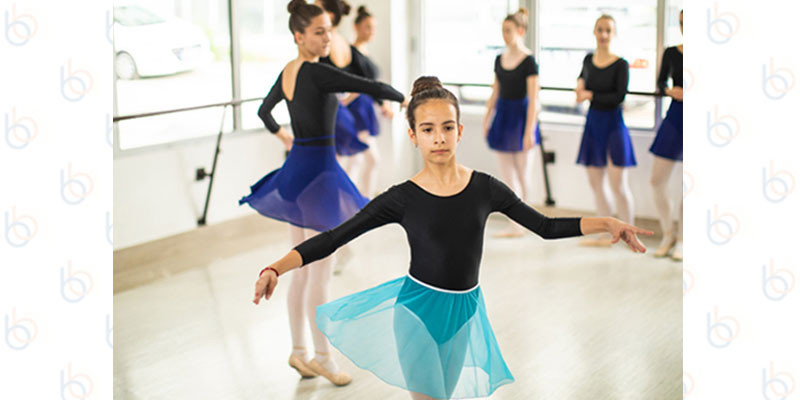Algonquin
Benefits of Escape Rooms
Escape rooms have been all the rage lately. They’re a unique, fun, and engaging way to bring people together -- which is something we can all use after coming out of this pandemic! However, did you know that escape rooms are actually incredibly beneficial to children’s problem-solving and critical thinking skills?
Critical thinking is the act of utilizing given facts in order to solve a problem. Critical thinking takes into consideration several other skills, such as evaluating evidence, adapting thought processes, and assessing the arguments of others.
Escape rooms are the perfect environment to work on each of these skills.
Problem Solving: working through a puzzle in order to find clues or move to the next step of the escape.
Attention to Detail: creating connections between clues that have been found at different points in the game
Teamwork: recognizing the inability to complete the puzzle alone and that the strengths of each participant can be used to help escape.
Time Management: determining what clues are worth looking for and what clues won’t lead to any answers.
Why are these skills so important… especially for kids?
The most important part of an escape room is that it’s only a game. Kids recognize that it’s all for fun so not only are they more willing to participate, but they are also more cognisant of the fact that losing is a strong possibility. In turn, if they aren’t already familiar with this possibility, they will be faced with it soon enough to be provided the opportunity to learn. Becoming accustomed to being faced with problems and looking for solutions is a useful tool for anybody to have, but for kids’ developing brains the benefits are invaluable.
For this reason, Best Brains of Algonquin loves to throw a themed escape room every once in a while for our amazing Math, English, Abacus, and Coding students.
What themed escape room do you think we should do next? Let us know in the comments below!




